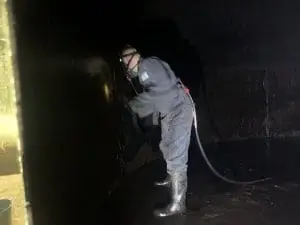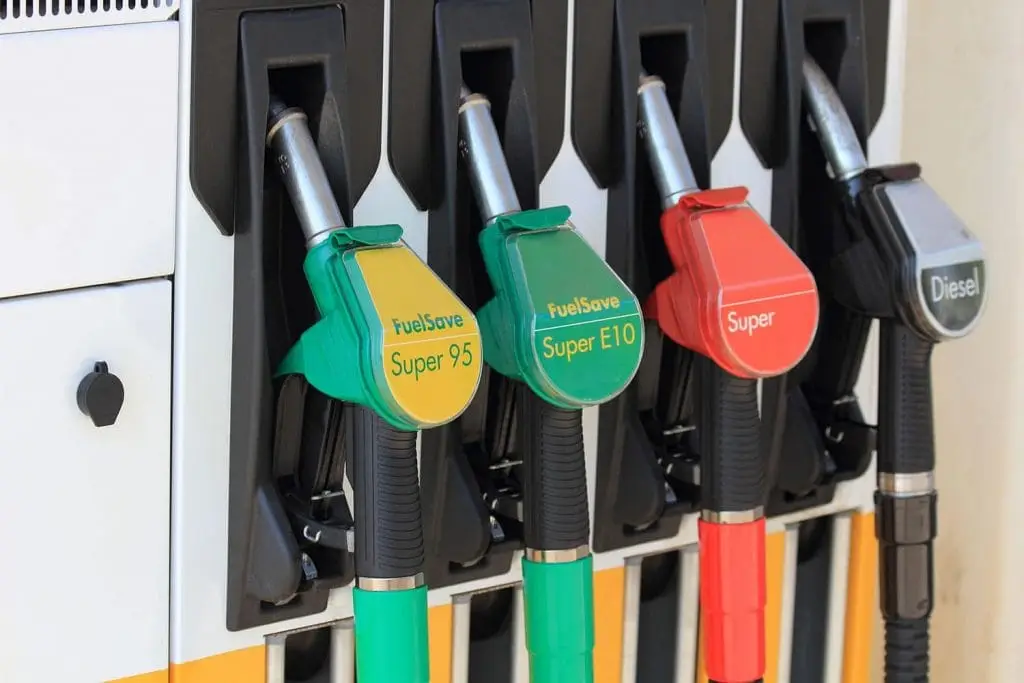UK introduces E10 to the forecourt
In September 2021, the UK government introduced E10 fuel across the country giving drivers an eco-friendly option at the petrol pump.
The government intend to make E1o the new standard grade of petrol, eradicating the country’s current grade – known as E5. E5 petrol contains up to 5% ethanol, with the other 95% being regular unleaded petrol whereas E10 has an ethanol content of 10% – a proportion that will bring the UK in line with countries such as Belgium, Finland, France and Germany.
Transition to Net Zero
According to the Department of Transport, the introduction of E10 fuel could cut carbon emissions by 750,000 tonnes a year which is the equivalent of taking 350,000 cars off the road. Further enabling the UK to reach its target of net zero emissions by 2050
This is clearly good news for the environment and – with the country’s slow transition to electric vehicles – E10 is a good, convenient and responsible fuel alternative for millions of car users and businesses. However, a quarter of drivers are still unaware if their vehicles are compatible with the greener fuel and, more importantly, whether the higher ethanol content in E10 could damage their company’s existing infrastructure.
How could E10 affect your fuel infrastructure?
Before you switch to E10 fuel, it is important to asses your infrastructure and mitigate any environmental risks and possible damage to essential assets. The higher content of ethanol in E10 could cause complications such as;
- Fuel write-offs. Ethanol is hygroscopic, which means it absorbs water from the atmosphere – it can absorb its own weight in water (suspended water). After E10 hits saturation point the water and ethanol separate and the water sits at the bottom of the tank increasing the risk of rust. This rust can seep into in your fuel stores, contaminate your fuel and compromise its quality.
- Containment breach. Ethanol is a solvent – it can eat through rubber, plastic and fibreglass – so seals and pipework are likely to perish more quickly. If fittings on tank lids and pipework aren’t made of appropriate materials, it could cause leaks, spills and environmental damage leading to costly fines.
- Tank lining failures. In the same way ethanol absorbs water and corrodes your seals and pipework, it can do the same to some tank linings. E10’s high ethanol content has a potent cleaning effect, which can erode lining resins and increase your risk of tank failure.
How can we help?
At JWH Tanks, we offer services which can help you mitigate and eliminate the risk of damage and contamination. Some of our services which could help you transition safely are;
- Tank inspections and testing; is an essential part of what we do at JWH Tanks. Our thorough tank inspections will

Tank scraping highlight potential problems and our OFTEC registered engineers will be able to advise you on any remedial action that needs to be taken.
- Tank Cleaning; Tank cleaning allows us to resolve contamination issues, remove base contaminant – such as water from your tanks – enabling customers to continue to dispense fuel safely.
- Fuel uplift; if fuel is too badly contaminated, we can uplift the fuel and safely remove it.
If you have any questions about transitioning to E10 or any other fuel related issues. Please give us a call on 0113 2635163 or take a look at our website JWH Tanks. We’re always happy to help.

